- Monday to Sunday 08:00 - 20:00
- +353 (0)1 267 8011
- info@healthcareabroad.ie
Cataracts
In most cases cataracts surgery is performed under local anaesthetic which may just be eye drops alone, or an injection around the eye (a bit like for a filling at your dentists), but often a combination of both of these methods is used.

Before Travelling
Preparing for Your Cataract Surgery Journey
Embarking on a journey towards improved health through cataract surgery requires a seamless process to ensure your comfort and well-being. Here’s a step-by-step guide to help you navigate the stages before your travel:
- Identification of Treatment Required -Your first step is to consult with your General Practitioner (GP) or consultant who will assess and identify the necessity for cataract surgery.
- Initiate Contact with Healthcare Abroad – Once the need for treatment is established, either you or your GP can initiate contact with Healthcare Abroad. Our dedicated team is ready to guide you through the process of receiving surgery in an EU country under the cross border directive.
- Referral and Diagnostic Coordination -The Healthcare Abroad team will collaborate with your GP to arrange a referral letter from your GP. We streamline this process by providing the results directly to the chosen hospital.
- Hospital and Surgeon Matching – Our team, with a vast network of hospitals and skilled surgeons, will carefully match your requirements to ensure you receive personalised care.
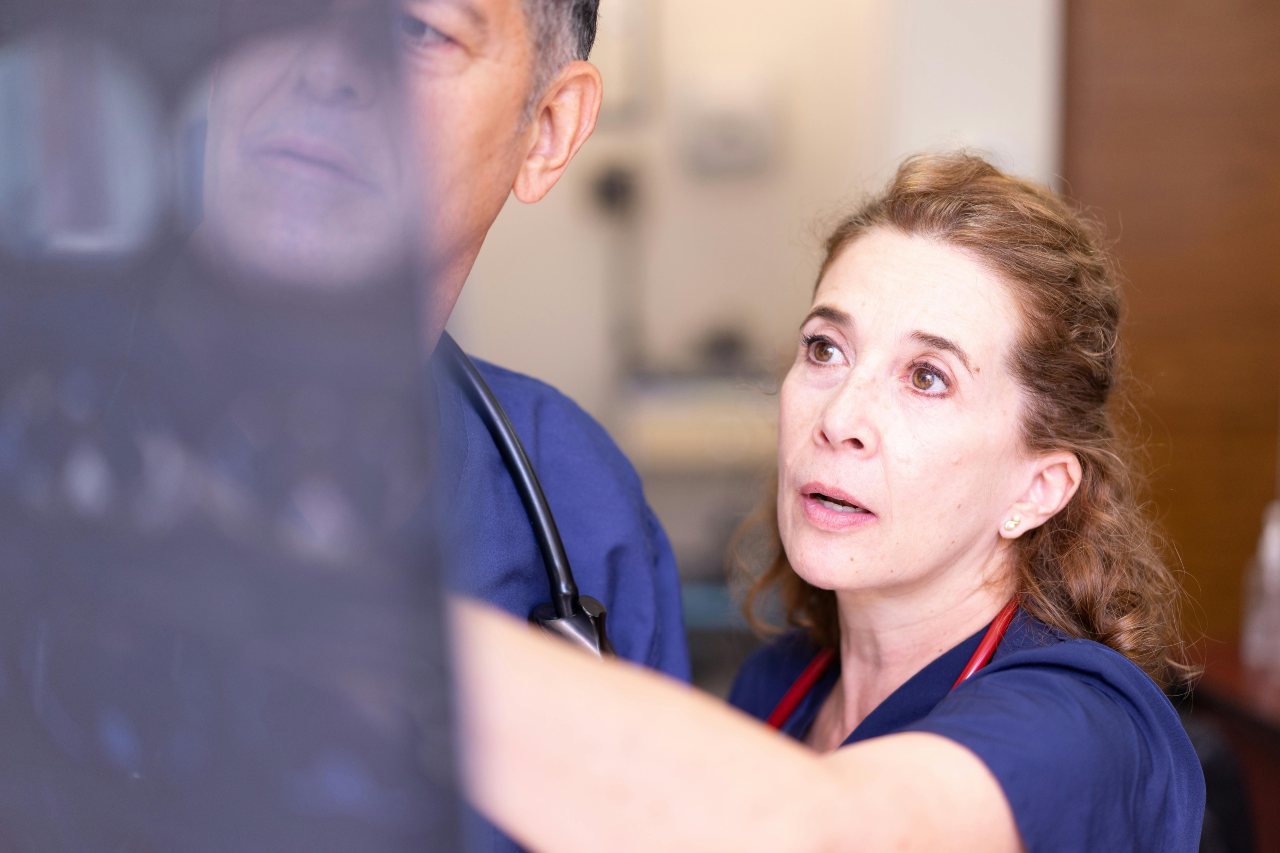
How we Help
- Surgery Planning and Documentation – Coordinating with the selected hospital, we facilitate the arrangement of surgery dates and ensure all necessary files are sent for review.
- Confirmation of Travel Dates – Once your healthcare plan is confirmed, we liaise with the hospital team to finalize your travel dates and healthcare schedule.
- Arrival and Out-Patient Appointment – Upon arrival at the hospital, you’ll have an out-patient appointment with your consultant the day before the scheduled treatment, ensuring all pre-operative concerns are addressed.
- Post-Surgery Paperwork – After your surgery, we take care of finalizing all paperwork, submitting it to the Health Service Executive (HSE) on your behalf, and ensuring a prompt refund process.
- Report to Local GP – To maintain continuity of care, your GP will receive a comprehensive report from the hospital regarding the treatment received, updating your local medical records accordingly.
With these meticulous steps, you can embark on your healthcare journey with confidence, knowing that Healthcare Abroad is dedicated to ensuring a smooth and supportive process for your knee replacement surgery abroad.
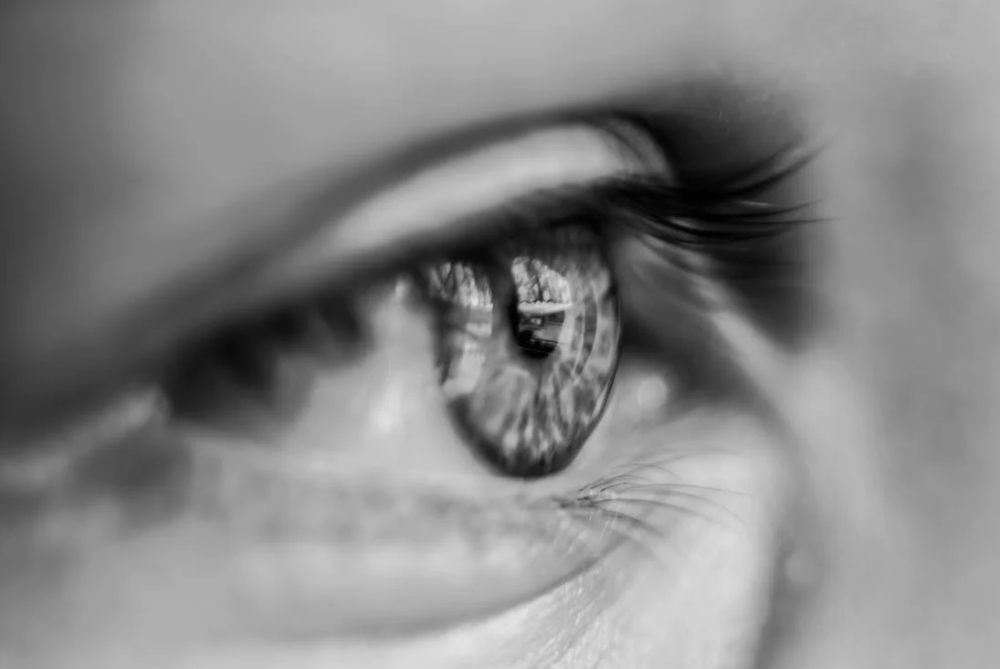
What are Cataracts?
The eye is like a camera where the retina is the film at the back, and the lens is positioned at the front of the eye, just behind the pupil. A cataract is a clouding in the lens of the eye. The lens in your eye focuses light and is constructed of proteins and fluid.
The proteins are arranged in a parallel fashion to allow the light to pass through the lens without interruption. The pupil dilates and contracts to control the level of light reaching the retina and the lens adjusts automatically to allow you see objects clearly at various distances.
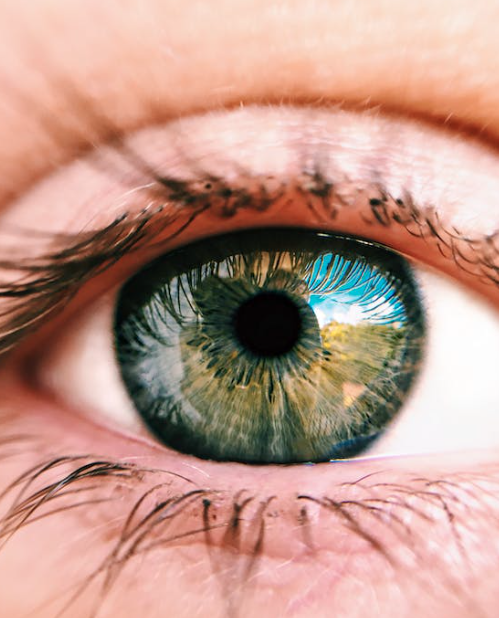
What are the symptoms?
The blurring of vision is gradual, but like looking through opaque glass, hardly affecting the sight at first. Light from the sun, a lamp or oncoming headlights cause dazzle and in daylight colours seem faded. Patients often remark that colours are more vibrant in one eye than the other.

What are the different types of cataract?
- Nuclear cataract: The most common type of cataract is the one that people get as they become older it is called a nuclear cataract because it affects the central core of the lens. This develops quite slowly sometimes taking many years to affect the vision significantly.
- A cortical cataract: A cortical cataract occurs in the peripheral part of the lens and often looks like the spokes in a bicycle wheel. It takes some time for these ‘spokes’ to grow centrally to affect the vision and doctors often see signs of this cataract before the patient’s vision is affected.
- A subcapsular cataract: A subscapsular cataract occurs at the back of the lens typically afflicting people with diabetes and those on steroid therapy. This causes a ‘stippling’ on the surface of the lens like a semi-opaque bathroom window and can occur quite quickly sometimes blocking off the vision within a year.
In most cases cataracts surgery is performed under local anaesthetic which may just be eye drops alone, or an injection around the eye (a bit like for a filling at your dentist), but often a combination of both of these methods is used.
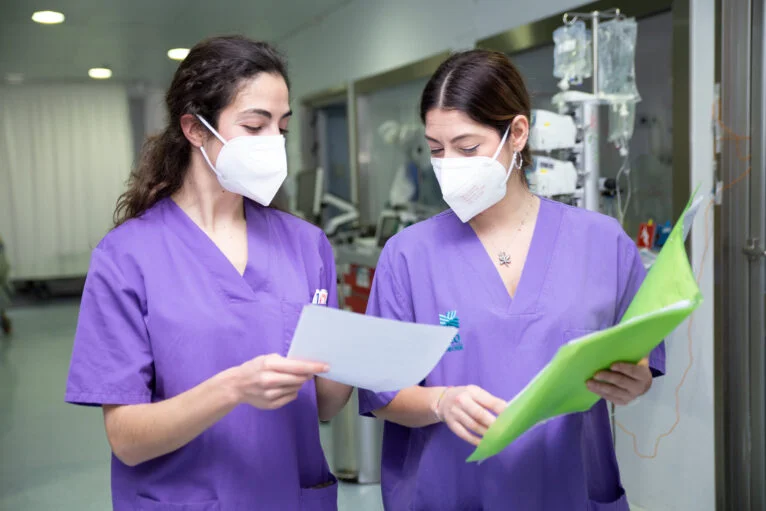
What does a cataract operation entail?
In most cases cataracts surgery is performed under local anaesthetic which may just be eye drops alone, or an injection around the eye (a bit like for a filling at your dentist’s), but often a combination of both of these methods is used.
If you are really nervous then you should speak with your surgeon about the possibility of a general anaesthetic. You are normally admitted to hospital at 8 am and you will usually be home by lunchtime.
Nowadays the procedure is straight forward and takes about 20 minutes, nonetheless great skill is required to perform one of these operations which involves a team of doctors and nurses in a theatre setting, where important precautions are taken to prevent infection. The media often portray this operation as a simple procedure which it is definitely is not, but in skilled hands it is very successful in most cases.
During the operation a tiny plastic lens (an IOL) is placed in the eye to help focus the light post-operatively. Prior to surgery a special test called biometry is carried out to decide on the power of the IOL to be inserted.

Post-Operative Care
Most patients recover very quickly following cataract surgery. Many can recommence driving after one to two weeks.
You will be required to use post-operative steroid/antibiotic drops for 4 weeks to prevent infection and to settle post-operative inflammation. Usually you return for follow up one week after surgery but if undue soreness or blurring occurs a few days following discharge, then you should return to the clinic or hospital immediately for a check-up.
Most patients return to normal activities such as work after two weeks.
Congratulations on successfully undergoing cataract surgery through Healthcare Abroad. We hope that your surgical experience was comfortable, and you are now on your way to clearer vision. As you transition back to your home in Ireland, it is essential to follow these post-operative care instructions to ensure a smooth recovery and optimal outcomes.
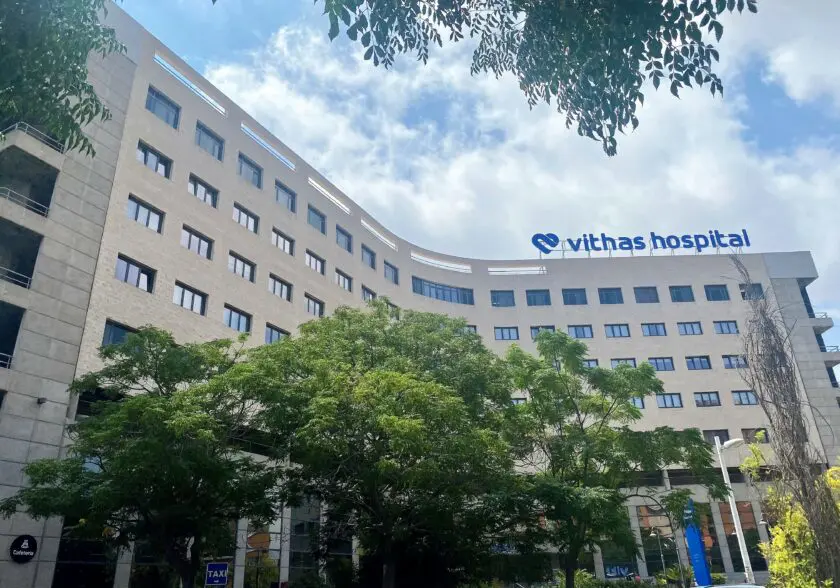
Post-Operative Care Guidelines
- Medication Management: Continue taking prescribed eye drops as directed by your surgeon. These medications play a crucial role in preventing infection and inflammation. If you experience any issues with the prescribed eye drops, please contact Healthcare Abroad immediately.
- Eye Protection: Wear the provided eye shield during sleep for the first week post-surgery to protect your eye from accidental rubbing or pressure. Additionally, consider wearing sunglasses during the day to shield your eyes from bright sunlight and dust.
- Activities and Restrictions: Avoid strenuous activities such as Refrain from heavy lifting, bending at the waist, or engaging in vigorous physical activities for at least one week after surgery.
- Limit screen time: Minimize the use of electronic devices to reduce eye strain during the initial recovery period.
- Hygiene and Avoidance of Infection: Keep your hands clean: Wash your hands thoroughly before applying eye drops or touching your eyes. Avoid swimming: Refrain from swimming or exposing your eyes to water for the first two weeks after surgery to minimize the risk of infection.
- Follow-up Appointments: Attend all scheduled follow-up appointments with your local eye care professional. These appointments are crucial for monitoring your progress and addressing any concerns promptly.
- Signs of Complications: If you experience any signs of complications contact Healthcare Abroad or seek local medical attention immediately.
- Gradual Resumption of Normal Activities: While you may notice improvements in your vision shortly after surgery, it is essential to allow time for a complete recovery. Gradually resume your normal activities as advised by your eye care professional.
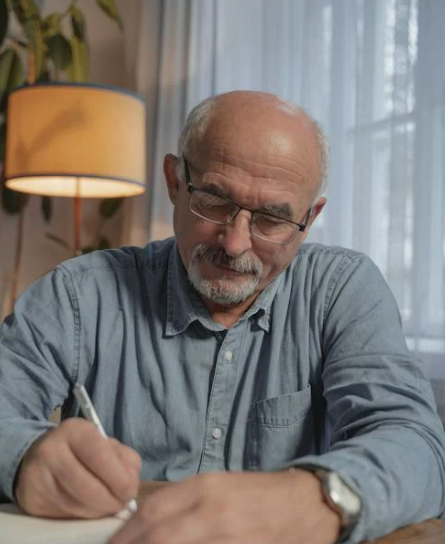
Will I need to use glasses following surgery?
You will be asked by your surgeon if you would like to have your eyes focussed for the distance following surgery. Most people wish for this, but if you are short-sighted your surgeon will probably suggest that enough short-sightedness should be left post-operatively, so that you may continue to read without glasses.
Short sighted people really value this facility that they naturally have. However, if you are a short sighted golfer, or other sportsperson, then you may wish to be able to see in the distance without glasses poster-operatively. This all needs to be discussed with your surgeon prior to the operation.
If you are happy wearing bifocals or varifocals then you may wish to continue with these following surgery for convenience sake and it is worth mentioning this to your eye doctor before your operation.

Healthcare Abroad
Our service is free to our patients.
The EU Cross Border Directive scheme is a refund scheme. You pay the hospital or clinic for your treatment and we submit a refund application to the HSE afterwards. We prepare the application form and all the supporting documentation required for you to claim your refund.
